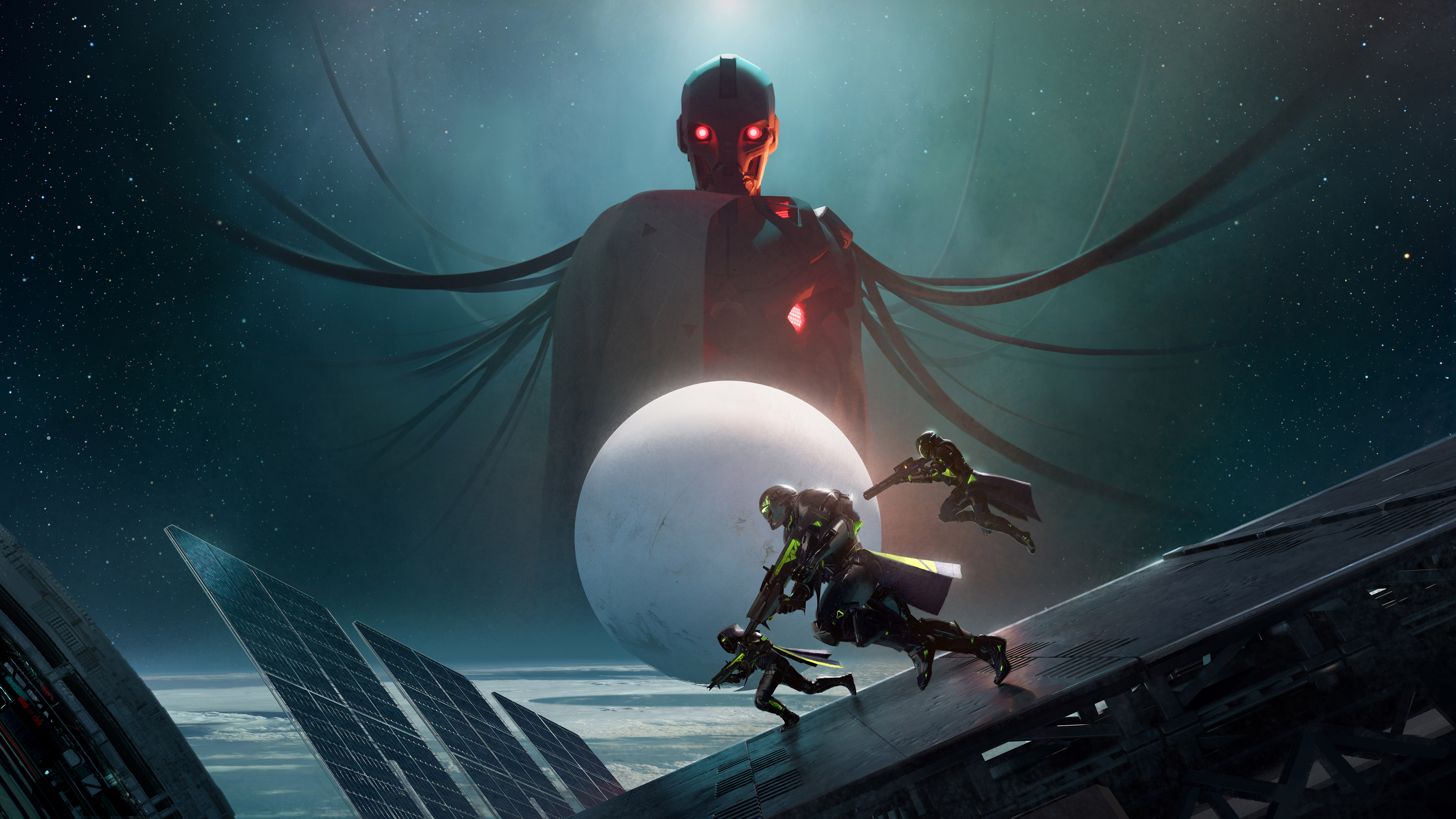Years after leaving Activision, which is ending full remote work, Bungie's made the best Destiny 2 season ever "entirely remotely"
Activision Blizzard push to bring staff back to offices ignites discussion about remote game dev

Activision Blizzard has confirmed plans to bring employees back to offices as it shutters fully remote work, igniting conversations across the industry about the importance and value of remote opportunities in game dev. A particularly stark comparison has been made with Destiny 2 developer Bungie, which broke away from Activision just over four years ago and has been expanding its remote opportunities while maintaining a mammoth MMO and just recently launching the best season and season finale in the game's history.
As Game Developer reports, Activision employees are expected back at the office on April 10, with Blizzard staff returning July 10. Members of both companies will be required to come into the office three days a week, so there will still be some remote time. "We look forward to the increased in-person collaboration and teamwork," a statement from the company reads.
The response from Activision Blizzard employees and other game devs has been more than mixed. One Blizzard staffer argued that "the majority of employees at ABK have no interest in returning to office either full or part time." A remote Blizzard hire noted that they learned of the news through a website, and while they won't be affected by the return to office as they've always been a fully remote hire, they argued "there's no logic to mandating being in the same physical location."
Bungie cinematics director Jimmie Myers affirmed that "Bungie is a remote first company" which developed and shipped Destiny 2's Season of the Seraph "entirely remotely." Many other Bungie employees have shared Myers' post and sentiment, with one senior design lead explaining that working remotely "gives me back 15+ days of my life each year by not commuting."
As it happens, an interview with Bungie HR lead Holly Barbacovi recently went up on Steelcase, which largely deals in office furniture and accessories. (Bungie has notably invested in a 208,000 square foot headquarters in Bellevue, Washington as it expands the Destiny team and invests in separate IP, but maintains that it's a remote-first company.) Barbacovi says Destiny 2's Witch Queen expansion was also developed entirely from home and went on to become the studio's best-selling, best-rated release. Our own Destiny 2: The Witch Queen review called it a new peak for the series.
"There are a lot of workplace norms we thought were important and necessary, but as we all worked from home for a couple of years, those norms were really debunked – and that’s particularly true in the games industry," she says. "I think in the creative industries in general we have this sense that people being able to creatively collaborate in a common workspace is critical for being able to make brilliant entertainment. However, the expansion to our game that we shipped in early 2022 was our highest revenue yielding and our highest-rated expansion. And that was done entirely from home. So, we’ve debunked some of these ideas that held us in an unnecessary structure and we’re rethinking why people come into the workplace."
In the wake of this news, many game devs have criticized the industry's old habit of forcing people to move around – something that was forcibly undone during the initial COVID years. Others stressed that, at least in the United States, access to reproductive healthcare can limit which states are even viable locations for work.
Sign up to the GamesRadar+ Newsletter
Weekly digests, tales from the communities you love, and more
Devs like Taylor Kurosaki of That's No Moon, a studio formed in 2021 by former Naughty Dog, Infinity Ward, and other PlayStation devs, were quick to share remote opportunities. Kurosaki confirmed That's No Moon is offering remote work in all 50 US states and also supports "full-time and hybrid work at our Los Angeles studio and performance capture facility."
We'll undoubtedly see this conversation continue to evolve in the years ahead, but there's clear demand for remote opportunities among game devs, and pro-remote studios are using them to draw people in. Animation director Ryan Duffin of State of Decay studio Undead Labs put it this way in a tweet: "'Is WFH better' isn't an argument I care about anymore. It's just not realistic to ask people to almost definitely reduce their current quality of life to relocate for a job in a field that lays people off regularly. 'Can it work?' is a better question and we know that it can."
Activision Blizzard could hardly be more in flux between the biggest acquisition deal in the history of the games industry, lawsuits over that deal including one from the US FTC, and the aftermath of a storm of lawsuits and investigations over sexual harassment and discrimination.

Austin has been a game journalist for 12 years, having freelanced for the likes of PC Gamer, Eurogamer, IGN, Sports Illustrated, and more while finishing his journalism degree. He's been with GamesRadar+ since 2019. They've yet to realize his position is a cover for his career-spanning Destiny column, and he's kept the ruse going with a lot of news and the occasional feature, all while playing as many roguelikes as possible.


